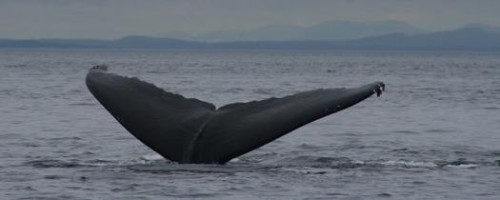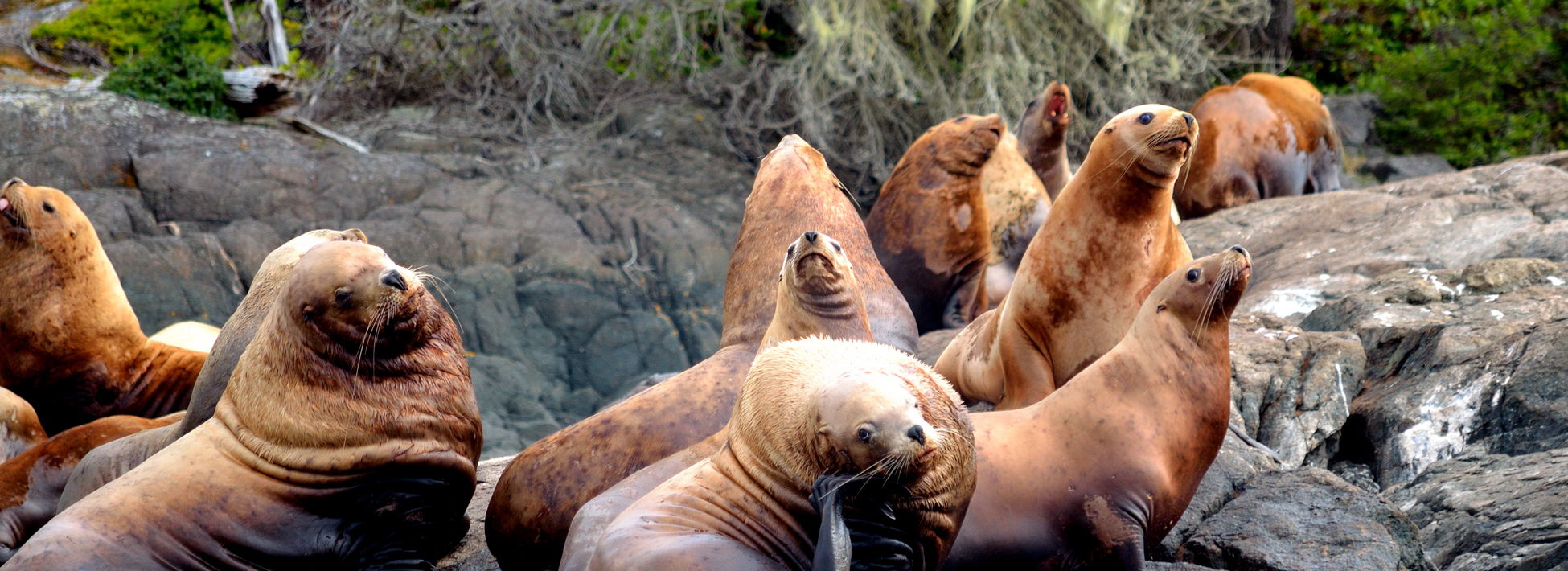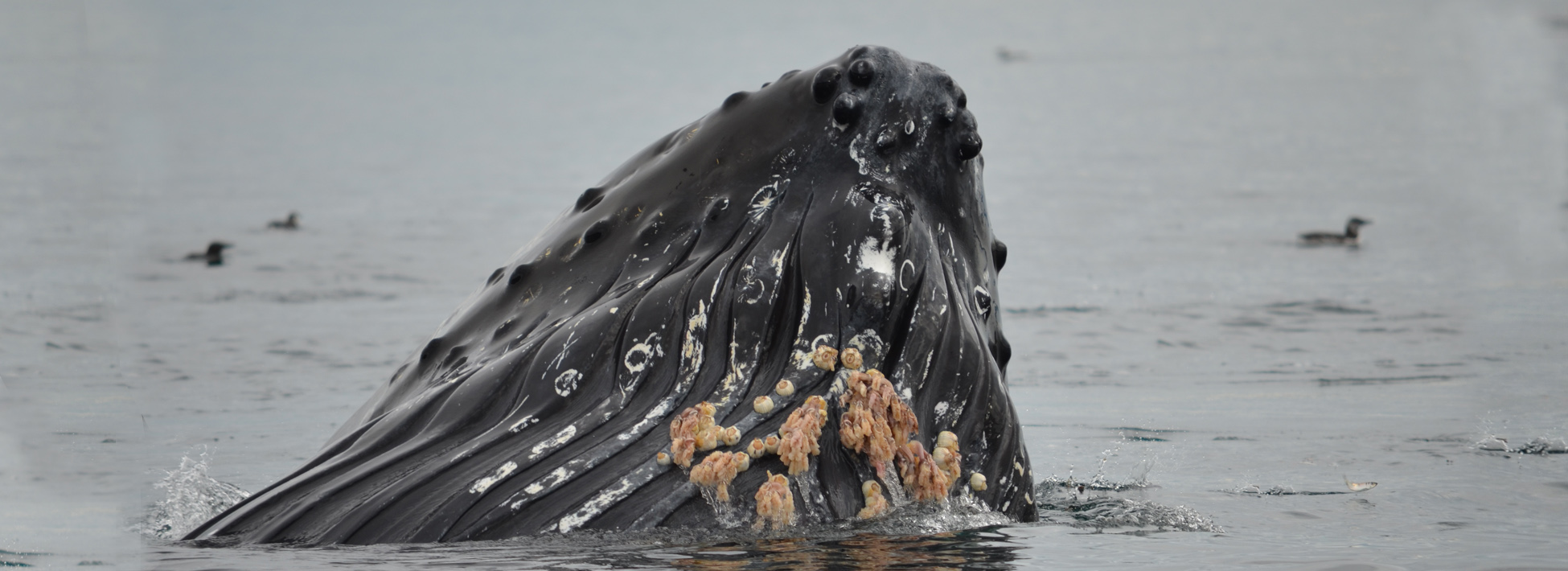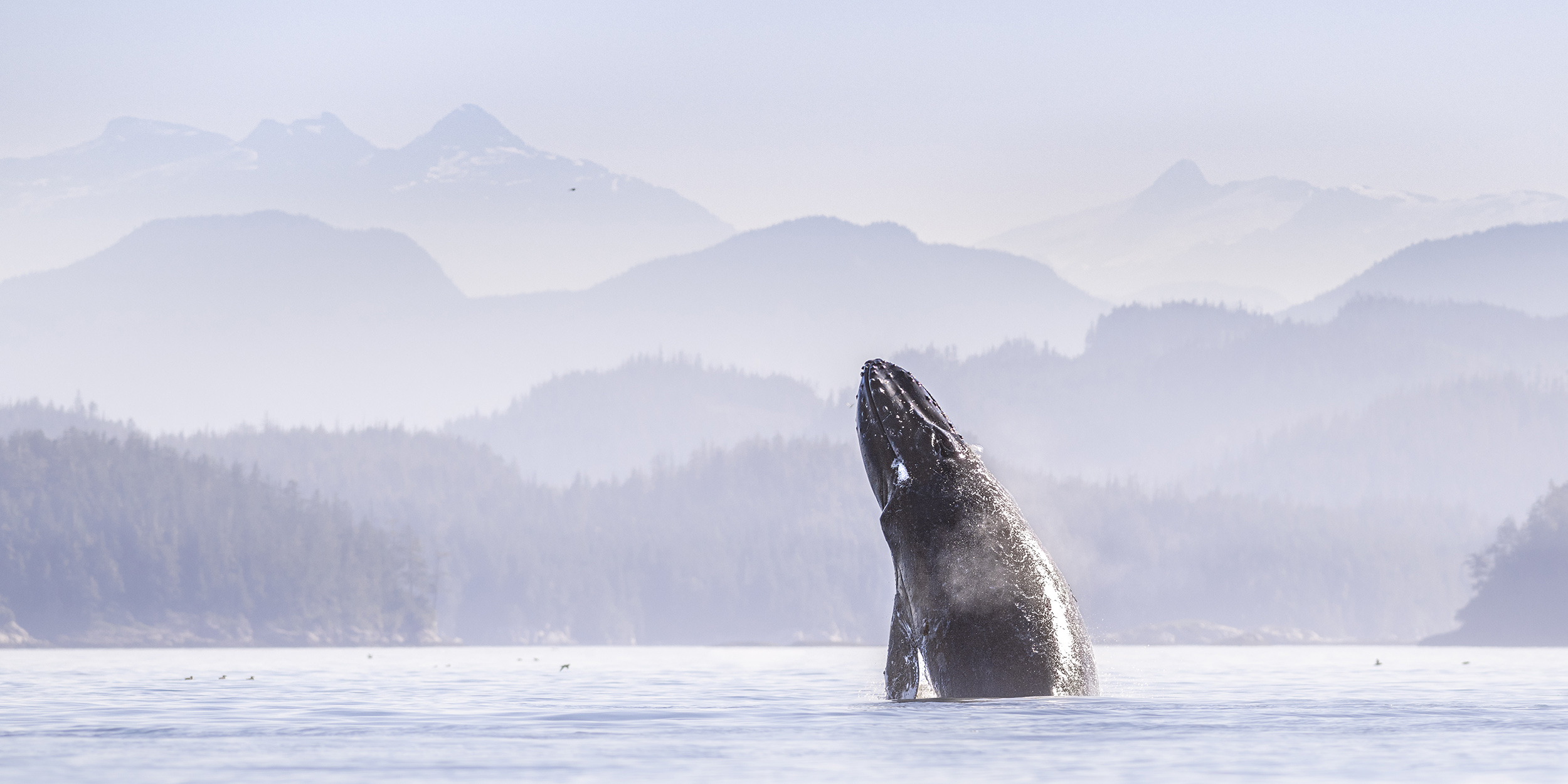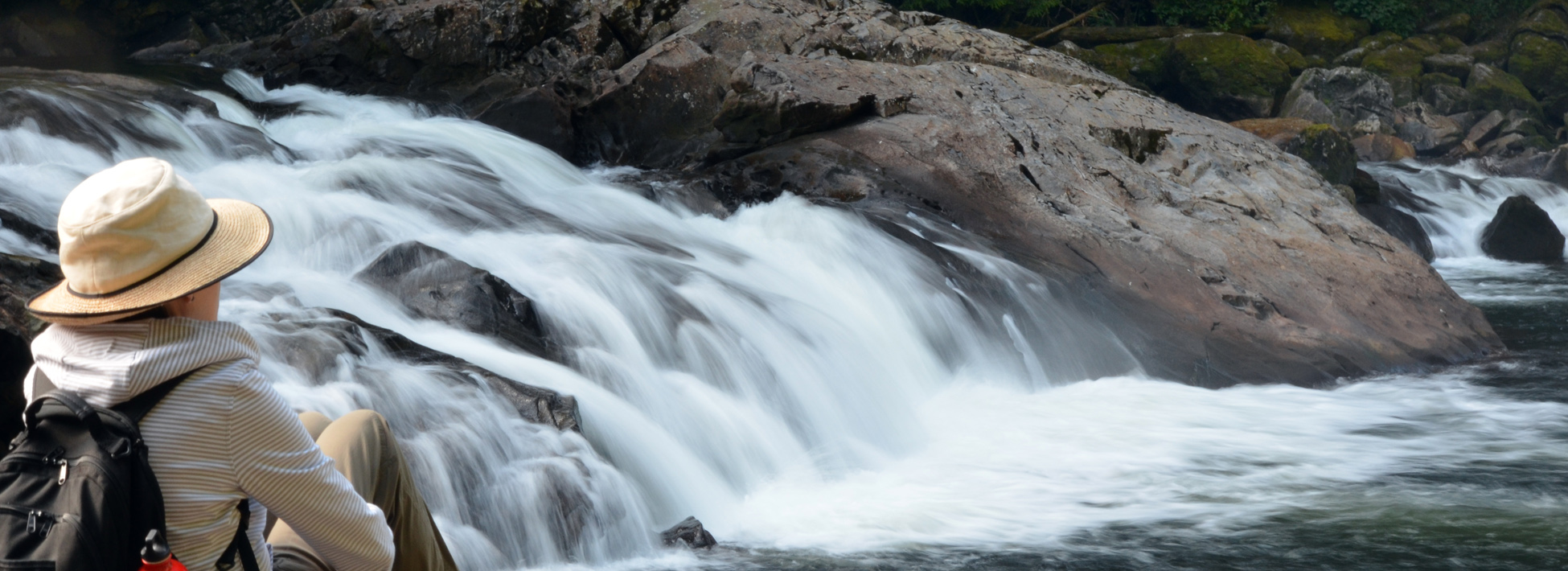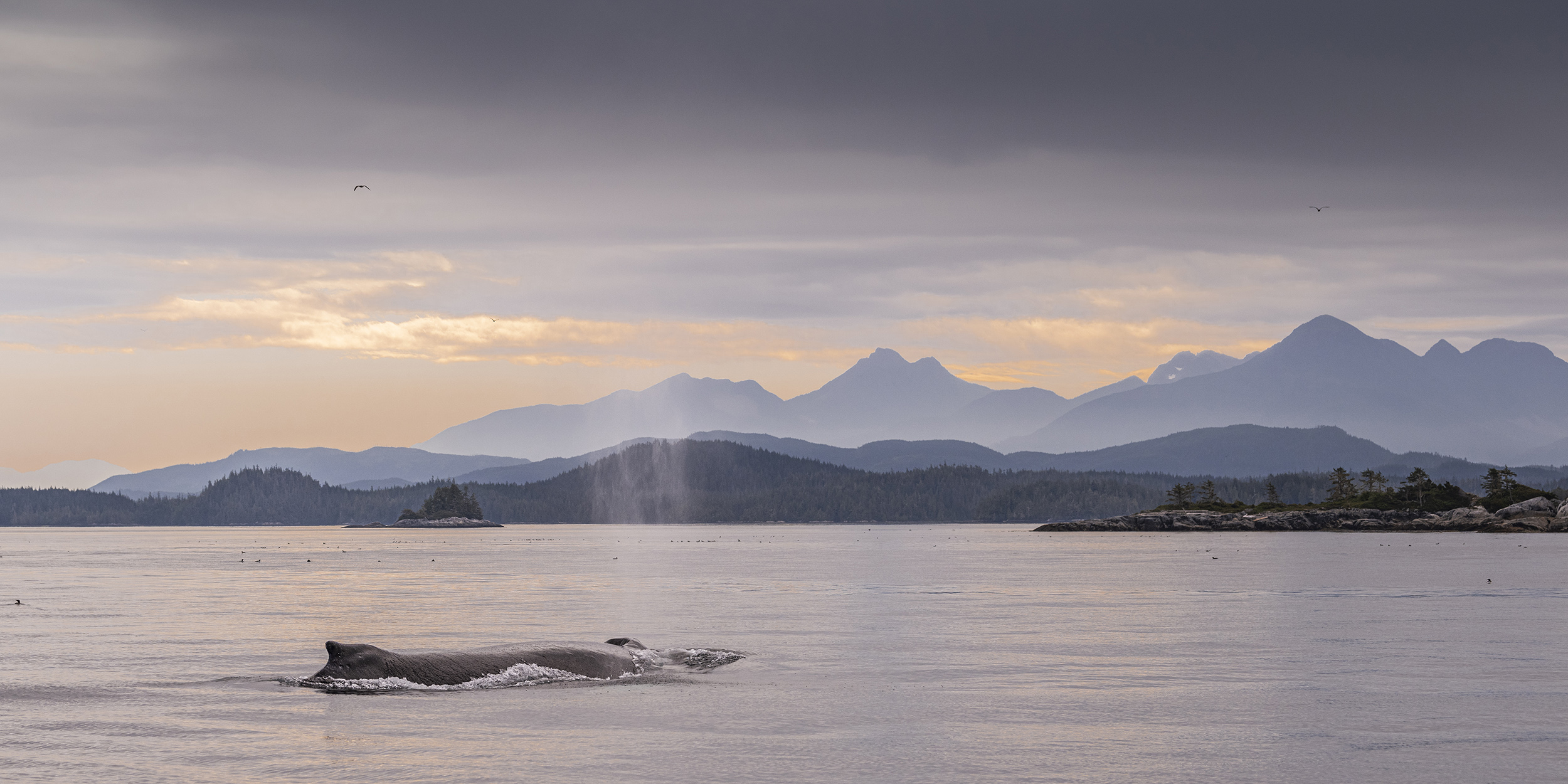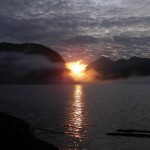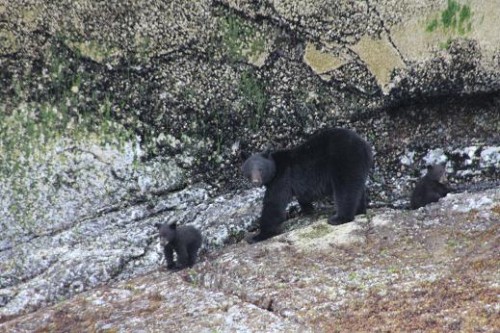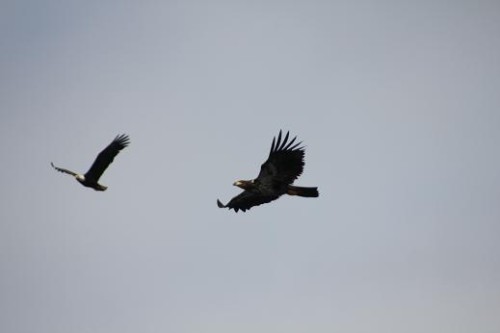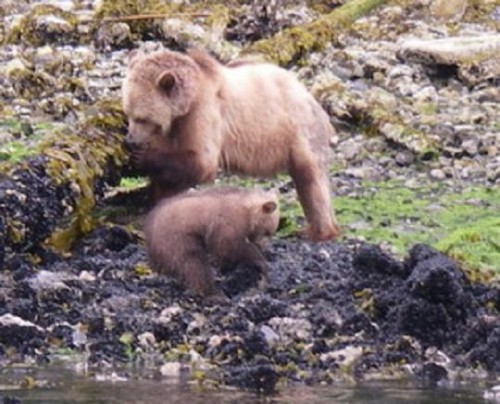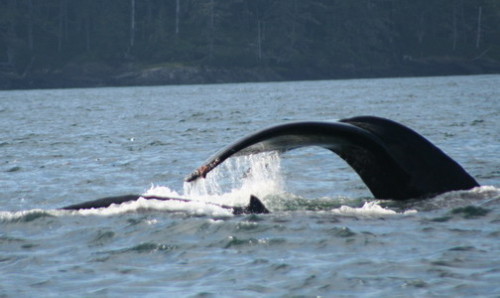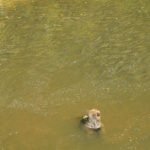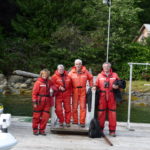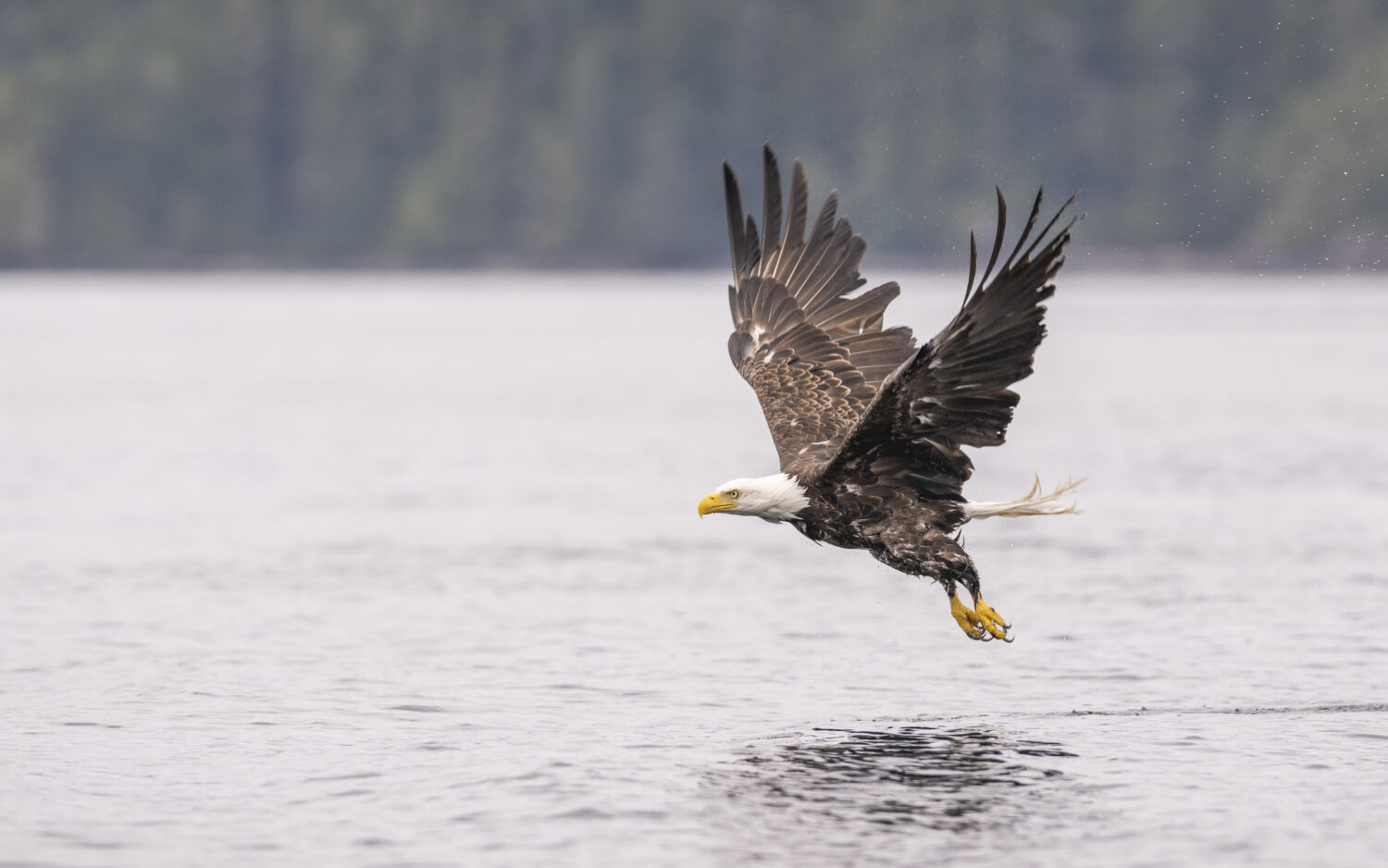Please.
This is a great site to visit to get a “guest eye view” of a trip to our lodge.
Click on this link
http://www.masey.com.au/2010/08/dream-grizzly-trip-day-one/
Also: -if you search “You Tube” using the keyword SAILCONE you can view some videos from and about the lodge.
-and on Facebook at Grizzly Bear Lodge and Safari
To view a map of the lodge’s area and the location of each day’s itinerary”
Look to the left and scroll the sidebars to “Categories” and select “Wildlife Tour Itinerary” It is possible to navigate the map using the arrows in the upper left corner and to zoom using the + or – signs as well as changing to a satellite view in the upper right corner of the map.
It is possible to navigate the map using the arrows in the upper left corner and to zoom using the + or – signs as well as changing to a satellite view in the upper right corner of the map.
